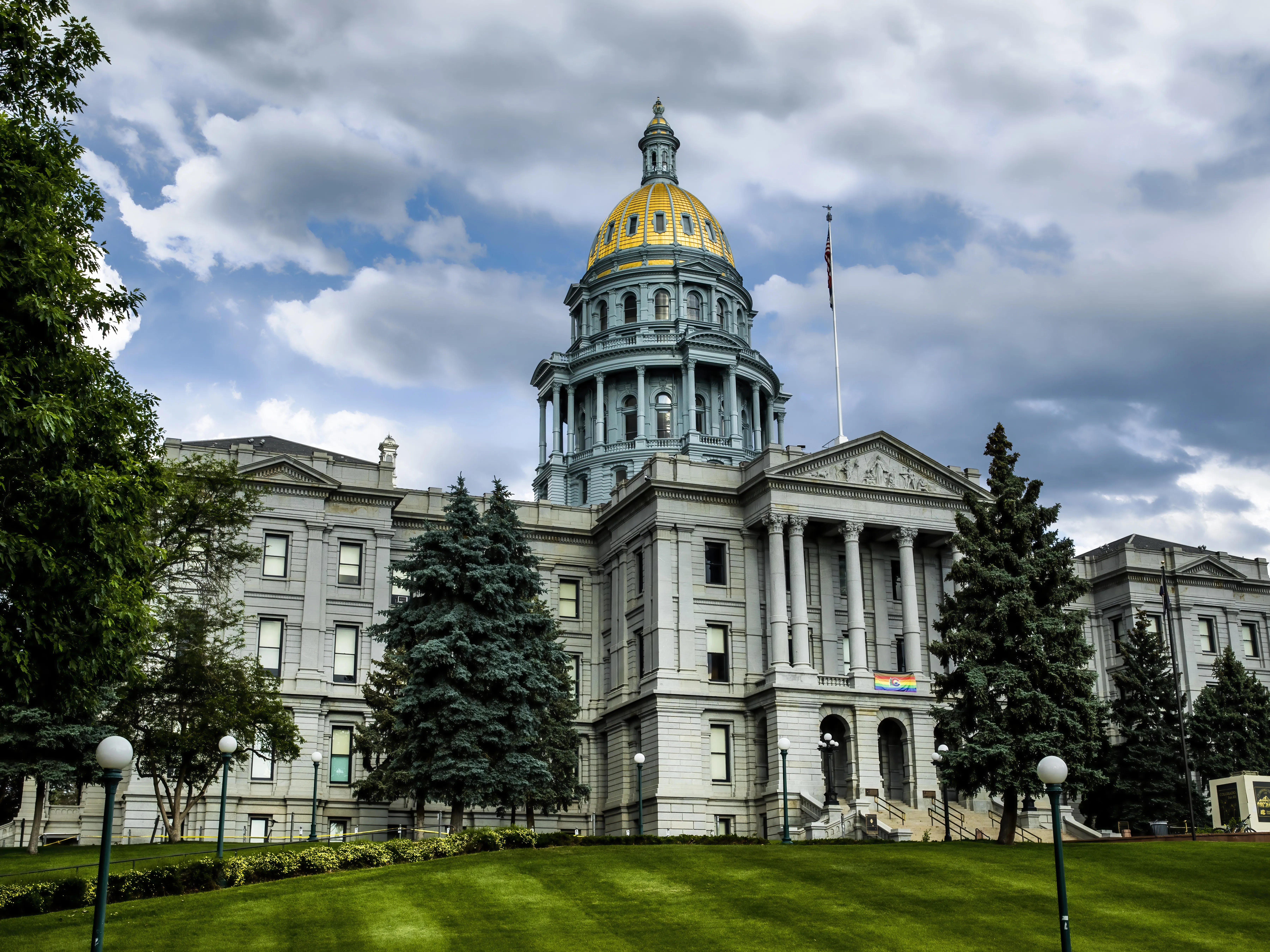
Daily Audio Newscast - April 3, 2025
© AlexLMX - iStock-823000260
Six minutes of news from around the nation.
Trump announces sweeping new tariffs to promote US manufacturing, risking inflation and trade wars; Arizonans experience some of the highest insurance premiums; U.S. immigration policy leaves trans migrants at TX-Mexico border in limbo; Repealing clean energy tax credits could raise American energy costs.
Transcript
The Public News Service daily newscast, April the 3rd, 2025.
I'm Mike Clifford.
President Donald Trump Wednesday announced far-reaching new tariffs on nearly all U.S. trading partners, a 34 percent tax on imports from China and 20 percent on the European Union, among others, that threaten to dismantle much of the architecture of the global economy and trigger broader trade wars.
That's from the Associated Press.
The report in a Rose Garden announcement, Trump said he was placing elevated tariff rates on dozens of nations that run meaningful trade surpluses with the U.S., while imposing a 10 percent baseline tax on imports from all countries in response to what he called an economic emergency.
Meantime, insurance premiums have gone up a lot, and according to a new report, Arizona is one of the states where homeowners are being hit hardest.
The Consumer Federation of America's latest report found that from 2021 to 2024, annual insurance premiums for a typical Arizona homeowner increased by more than $700.
Diane Brown with the Arizona Public Interest Research Group calls the situation dire and fears the severity and increasing frequency of wildfires plaguing the state could only exacerbate the problem.
She calls the report a wake up call for consumers and policymakers across the nation.
Policymakers should recognize it is no accident that wildfires are contributing to increased insurance costs and should not accept claims by the utilities that they should be let off the hook for basic legal responsibility.
Arizona lawmakers are currently debating a bill that would protect utilities from wildfire related lawsuits and could have the unintended consequence of shifting the burden of wildfire claims from utilities onto homeowners insurers.
I'm Alex Gonzalez reporting.
Next transgender migrants along the Texas-Mexico border who had hopes of seeking protection in the U.S. are trying to figure out their next move now that immigration policies have changed.
We get more in this Yes Media, Texas News Service collaboration.
Under President Donald Trump, asylum seekers cannot enter the country.
The migrants say they wanted to come to the United States because of the open-minded culture Yes Media reporter Chantal Flores says many trans migrants are staying in shelters in Mexico and fear for their safety.
Right now they just feel like they don't have any option.
They were trying to do it the right way and now they just don't know anymore what are the ways to seek international protection.
A study by the Williams Institute at UCLA School of Law found that between 2012 and 2017 more than 11,000 asylum applications were filed by LGBTQ individuals.
I'm Freda Ross reporting.
This is Public News Service.
New analysis from Energy Innovation warns repealing clean energy tax credits could increase energy costs in Michigan and nationwide.
Eliminating the credits would add $140 per year to household costs in the Great Lakes state and increase household energy bills nationwide by billions annually over the next five years.
Dan O'Brien, senior analyst at Energy Innovation, says the proposed budget bill in Congress could eliminate two key tax credits to fund nationwide tax cuts, potentially driving up energy prices.
In the next five years, we would see somewhere around $6 billion of cost increases for households across the country.
We're going to see increases in the near term of something like $50 and the long term $300 to $500 in certain states.
Proponents of the cuts maintain they are vital for lowering taxes, stimulating growth, balancing the budget and reducing reliance on the government.
Crystal Blair reporting.
Next to Indiana where school board elections move closer to becoming partisan after the House narrowly approved a bill requiring candidates to list political affiliations on the ballot.
Our Joe Ulori reports.
If enacted, candidates must declare a party affiliation, list themselves as independent or remain nonpartisan.
Party affiliated candidates would have their designation appear on ballots.
Democratic Representative Chuck Mosley of Portage spent nine years on a school board and opposes the bill.
The whole premise of this bill is, ah, there's politics in the schools.
Let's just put more politics in the schools and you can choose to believe me or not believe me but the fact of the matter is we kept politics out of that.
Supporters argued school boards already operate along party lines and said voters should know candidates' political leanings.
The bill passed 54-40 with Republicans joining 26 Democrats who voted no.
Finally, Iowa is a leader in wind energy production but one of the biggest factors in pursuing alternative energy now hangs in the balance.
More than half of Iowa's electricity comes from wind power.
The Iowa Environmental Council estimates the state saves at least $500 million a year by using wind.
Congress is considering repealing the technology-neutral electricity tax credit, which puts incentives to use green fuel in danger.
Energy innovations Dan O'Brien says a reduction in wind power wouldn't just hurt households but Iowa farmers too.
In the Midwest, over 90 percent of wind turbines are sited on cropland because farmers use these renewables so they bring in money for farmers even outside of harvest season when it doesn't rain enough when the cost of labor goes up.
I'm Mark Moran.
This is Mike Clifford for Public News Service.
We are a member and listener supported.
Hear us on radio stations big and small, your favorite podcast platform.
Find our content and trust indicators at publicnewsservice.org.
















